![]() 23 Dec 2023
23 Dec 2023
Around the 6th century BCE, the Gangetic Valley buzzed with fresh ideas. New religions like Buddhism and Jainism sprang up, challenging traditional Hindu beliefs. Meanwhile, Magadha grew as a powerhouse, paving the way for the Mauryas.
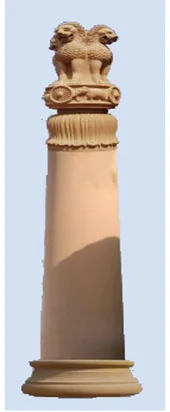
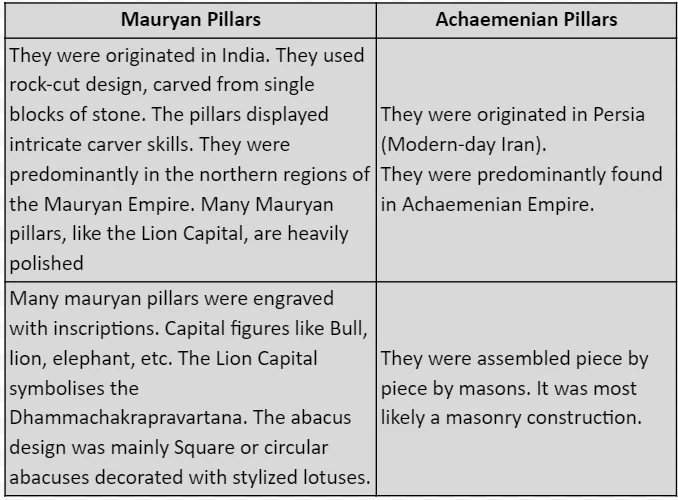
The Mauryan pillar capital found at Sarnath, Varanasi popularly known as the Lion Capital is the finest example of Mauryan architecture.
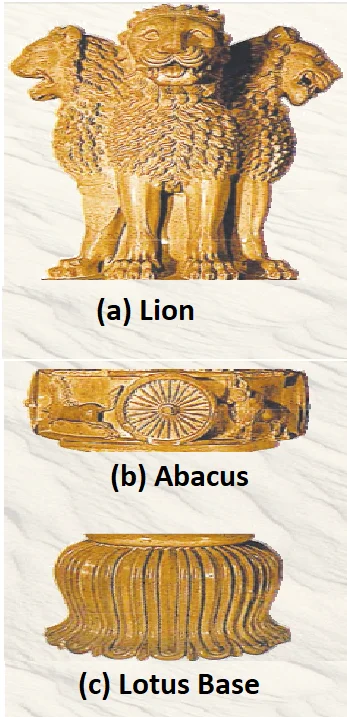
Do You Know?
|
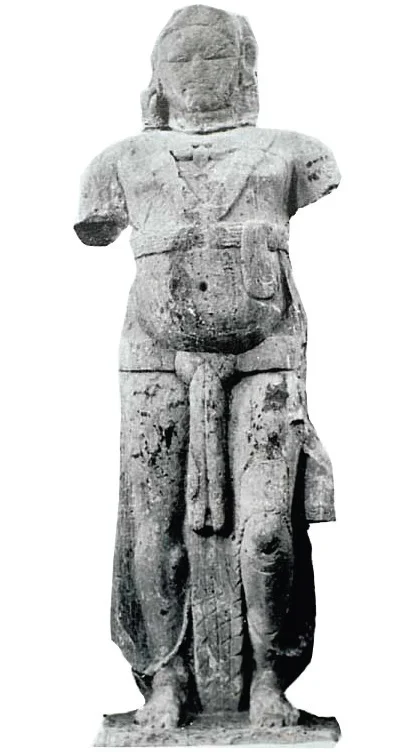
Artistic Features
The Detailed Craftsmanship of Mauryans Period Bodily Representations
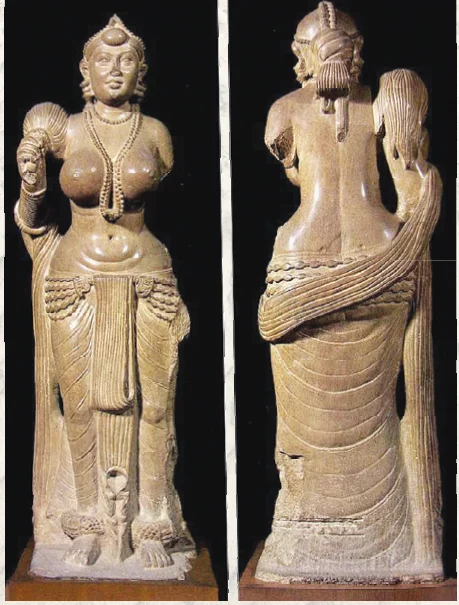
<div class="new-fform">
</div>